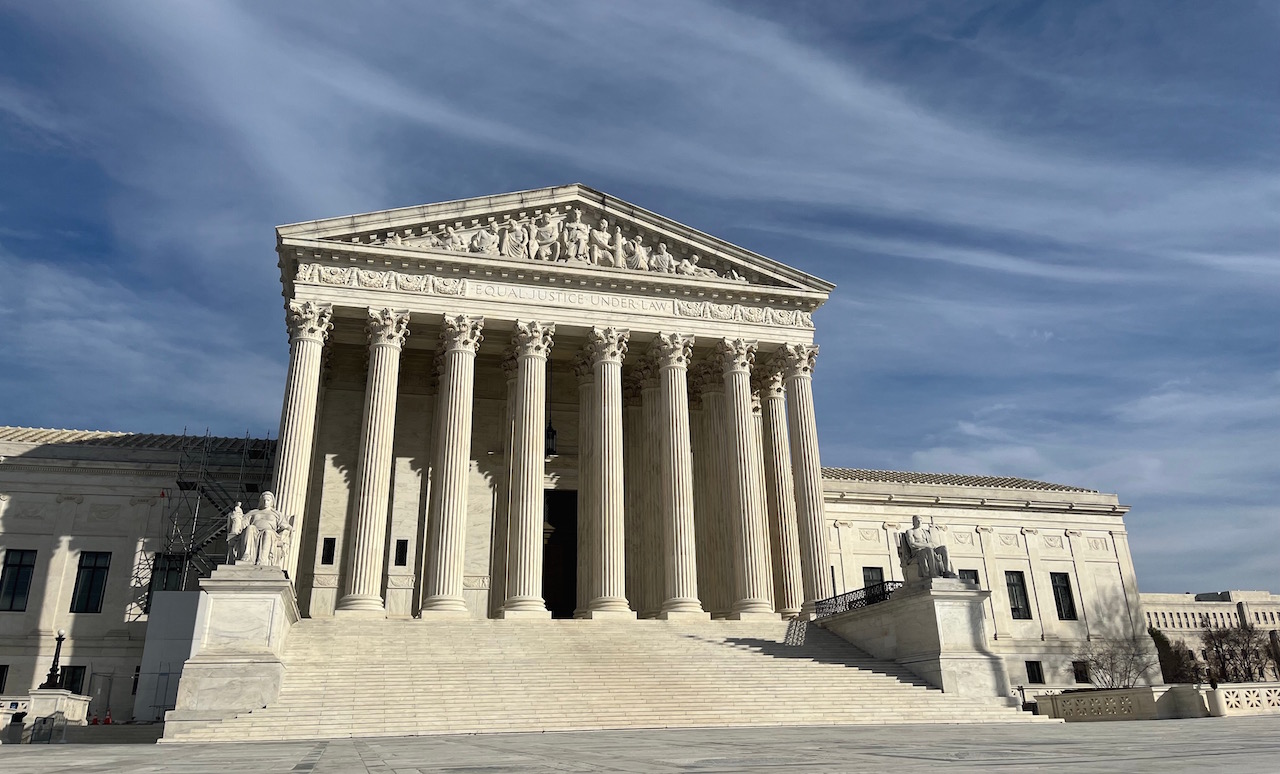Can We Have a Healthy Nation Without Federal Regulation?

Late last week, the U.S. Supreme Court, in a 6-to-3 decision, voted to overturn Chevron v. Natural Resources Defense Council (often referred to as “Chevron deference”), a four decades-long ruling that required courts to defer to federal agencies’ reasonable interpretations of unclear federal laws. Under the precedent set by the Chevron deference case, courts relied upon the expertise offered by agencies for their insights to inform court decisions.
With the end of this doctrine, every federal regulation could now be challenged and decided by the courts without input from federal agencies or experts who understand the complexities of what changes to various regulations could mean for the public. Instead, decisions will be made by judges who are experts in the legal system but aren’t necessarily experts on any of the subjects for which they will be making decisions. As a recent editorial in JAMA noted, we rely on agencies to approve medications, protect our waters, label products, and regulate insurance markets.
Stephen Patrick, MD, chair of health policy and management poses the questions, “Will this ruling open the floodgates to challenge this authority? Will every minute detail be determined in the courts? Will agencies be able to act quickly to protect the public?”
All of these remain open questions after the court’s ruling.
In her dissent, Justice Kagan calls out a few potential direct implications that range from the Centers for Medicare and Medicaid Services to determine Medicare reimbursement to the U.S. Food and Drug Administration (FDA)’s ability to regulate amino acids rather than only protein as is in statute. These issues may be significant or they may be small. As Kagan notes, in many cases, “the obscure … matters most.”
“This ruling deprives an agency of its power to interpret a law and take action. While this may seem insignificant, its implications could be profound,” says Patrick. “We count on agencies to interpret laws and formulate regulations. This is partly because legislation can be ambiguous, and at times, it is intentionally written this way to give agencies room to maneuver and utilize their expertise.
“Agencies, such as the U.S. Food and Drug Administration, have extensive knowledge in fields like medicine, pharmacokinetics, and epidemiology. We rely on these agencies to apply their expertise to enforce laws. If we remove this, we are left with the courts, which do not have this level of expertise. Moreover, the immediate impact on current regulations being developed across the government is a cause for concern.”
From a public health standpoint, challenges to federal regulations could have profound population-wide implications, including those related to workplace safety, air and water quality, emissions standards, food safety, birth control, Medicare and Medicaid access, and vaccine development and distribution. Even issues like deciding which seasonal flu shots should be issued or what types of preventive care insurance will cover could be impacted.
“This could have a chilling effect on how agencies like the Centers for Disease Control and Prevention (CDC) can respond to emerging health threats as well as long-standing problems,” says Ben Lopman, PhD, professor of epidemiology. “I’m worried, for example, that regulators at FDA and advisory groups at CDC will not have the authority to approve a new vaccine and target it to the group who most needs it. Every outbreak and every vaccine is unique. Not being able to rely on the regulations and the expertise in our federal agencies could be disastrous.”
This does not set the U.S. up for success to handle the next pandemic or other situations where agility and speed are tantamount to effective population health. It also calls into question how effective the country can be at maintaining progress related to climate change. The original decision by which Chevron deference was based related to questions surrounding emissions standards. Reversal in this decision could open the floodgates for challenges to climate forward policies, and could potentially undo the substantial progress that has been made through the passage of the Clean Water Act and Clean Air Act, among other environmental regulations.
“Currently, a broad range of experts are brought in to serve on panels and advise on what the data says to help set rules about what certain air and water standards should be,” says Carmen Marsit, PhD, executive associate dean for faculty affairs and research strategy. “It’s a wide range of opinions from diverse fields who come together to develop reasonable solutions. Now, this setup will be completely thrown out. I worry that this could make these important regulations come to a halt.”